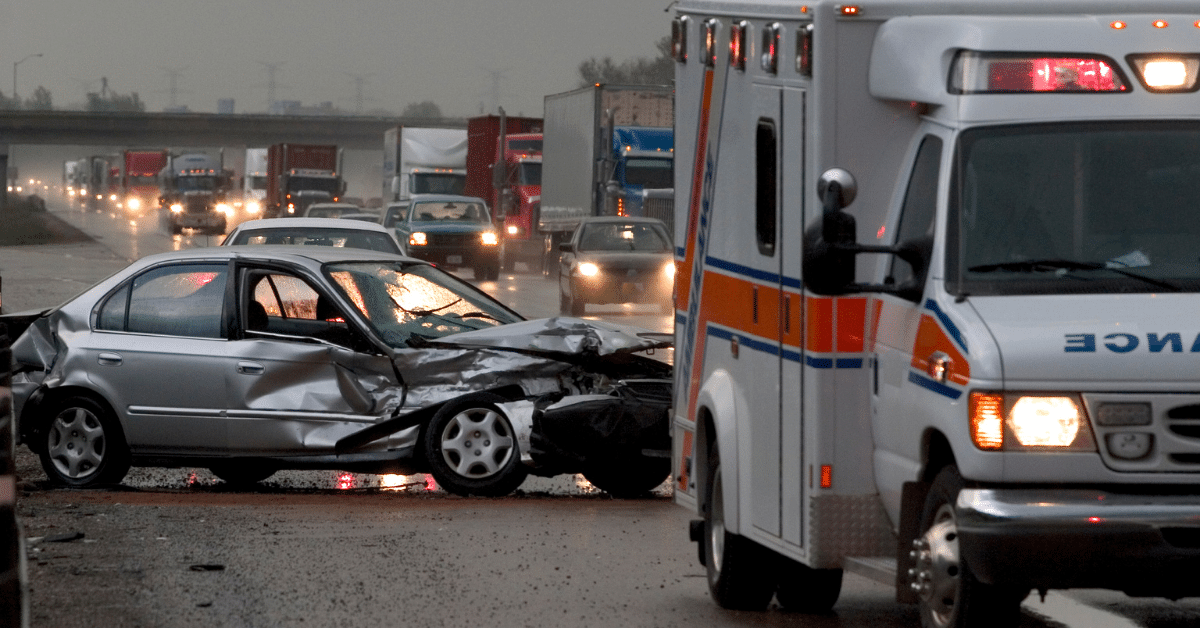
All it takes is one unfortunate diagnosis or unforeseen situation, like a car accident, and you could find yourself in a challenging financial place you never expected.
In fact, the number one source of debt for debt collectors is medical bill debt. A surprising 40 percent of Americans are making payments on some form of medical debt.
So what should you do about the doctor’s bills while your insurance claim is pending or during lawsuit preparations? The best thing to do is hire an experienced Indiana car accident attorney who can advise you about the best steps you can take throughout negotiations with the insurance company.
To guide you in avoiding issues with your credit or personal finances, we’ve outlined some options for how to pay your doctor’s bills after a car accident.
1. Bill It Through Your Health Insurance, Medicare, or Medicaid
If you have health insurance, you might be able to claim your car accident medical bills through your policy. That way, you’ll have coverage for major expenses and will only have to pay co-pays and your annual deductible.
While this won’t completely eliminate all financial burdens on you, it will help avoid enormous bills.
And once your insurance claim goes through, your health insurance company will likely pursue the expenses they paid through a process called subrogation. The health insurance company will request that the at-fault driver’s insurance company reimburse them for the services they covered.
But don’t worry, this won’t be added work for you. Your focus will be on keeping track of all relevant receipts and documentation of your care in case you decide to file a personal injury lawsuit.
2. Open a Claim with Your Car Insurance Company
While you don’t want to have a claim on your car insurance record for purposes of keeping your premiums low, you also don’t want to face debt collectors and financial concerns for not paying your medical bills.
If things aren’t moving along with getting the at-fault driver’s insurance company to cover your expenses, move forward with filing a claim through your insurance. Just like health insurance companies use subrogation to recover funds they wouldn’t otherwise owe, so will your insurance company seek out reimbursement for claims that wouldn’t otherwise be their responsibility.
In some cases, this is necessary anyway because the other driver doesn’t have adequate coverage to cover your bills. This is what is known as uninsured or underinsured coverage.
3. If You Purchased MedPay Coverage, Bill It There
MedPay is optional coverage on Indiana car insurance policies. If you have this coverage, it helps pay for co-pays and deductibles if you bill your medical bills to your health insurance policy.
That could mean that you have no out-of-pocket expenses for your care while you await a ruling in your case or a settlement. And even if you get a settlement and have to pay back the financial coverage you received from MedPay, you’ll only have to pay back two-thirds of the total amount the insurance add-on provided for you.
Just know that you can’t add this coverage retroactively so you either had it at the time of the accident or you didn’t and it isn’t an option for you.
Guidance Through the Car Insurance Claim Process
There’s no shame in seeking advice from a car accident attorney. Sadly, there are few people or organizations who will look out for you after a car accident. The team at Stewart & Stewart offers a free case evaluation to review the details surrounding your accident and provide details on the best next steps for your case.
